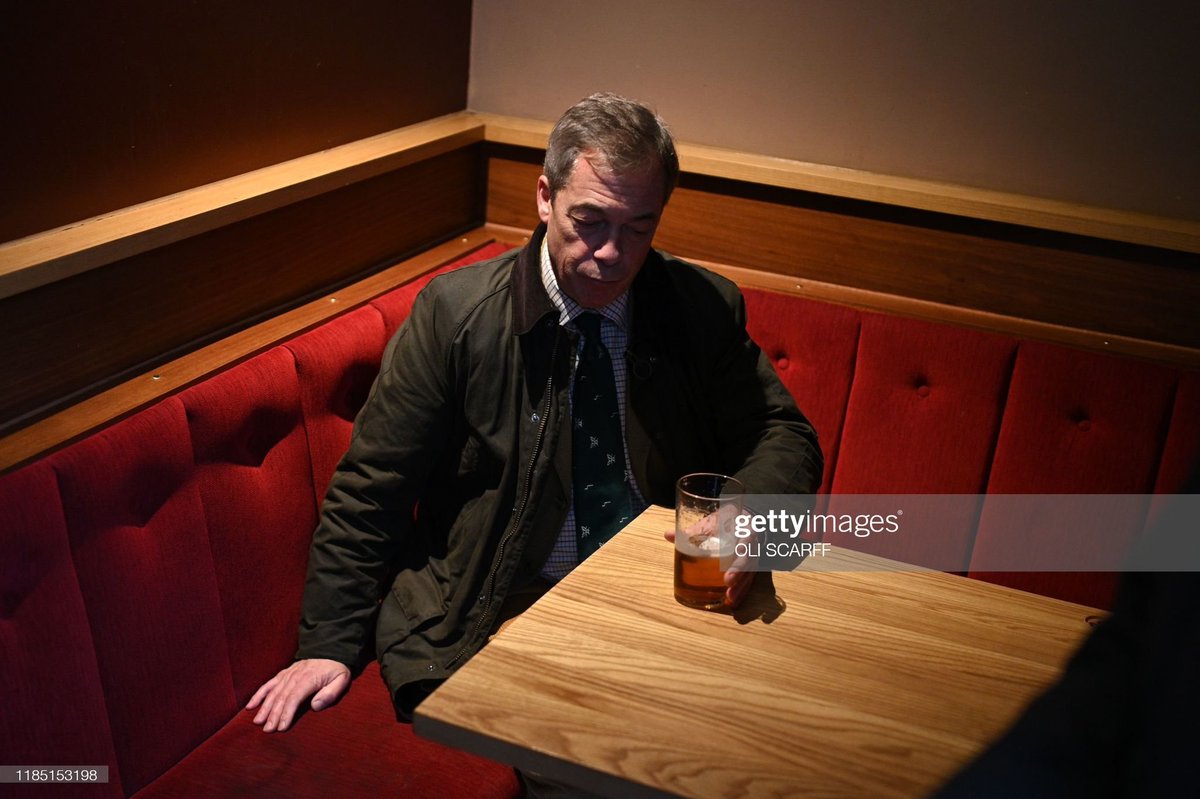
For background, today's hearing in the Julian Assange case is a point of appeal by the US government, who are challenging an earlier ruling that they cannot contest the conclusions of the previous judge over psychiatric evidence.
Mr Assange is attending via video link from Belmarsh prison.
Proceedings begin.
Claire Dobbin QC, opens for the US government.
Claire Dobbin QC, opens for the US government.
Counsel is challenging the psychiatric evidence of professor Kugleman from the last hearing, saying much of it was based on "self-reporting," from Mr Assange.
Dobbin says Assange was "adept," at avoiding being sent to the US, including seeking refuge in the Ecuadorian embassy. Notes he also assisted Edward Snowden to avoid arrest.
Counsel says the case requires objective psychiatric evidence, challenging Professor Kopleman's report for relying too much on Assange's own assertions
Dobbin says certain parts of Kopelman's report are "actively misleading."
Counsel points to the fact Assange fathered two children while in the Ecuadorian embassy to counter the notion he suffered terribly while there
Dobbin says the US government side did not know about Assange's children until they were mentioned in a bail hearing in 2020
Counsel says Kopelman did not follow the "International classification of disease," (ICD) procedures when diagnosing Assange, which was confirmed during his cross examination.
Judge intervenes to ask when the children were conceived, counsel says it was "undoubtedly" while he was in the embassy.
Dobbin notes the first psychiatric report by Kopelman does not mention them at all.
Dobbin notes the first psychiatric report by Kopelman does not mention them at all.
During his cross examination Kopelman said he did not mention the children out of respect for the mother's privacy.
Dobbin now challenging the evidence in Kopelman's report sourced from Assange's partner, Stella Morris
Counsel says the non disclosure of Assange's children shows Kopelman was was "Willing to mislead," and "ignore his duty to the court."
Adds that Kopelman, an emeritus professor of psychiatry at King’s College London, subjugated his duty the court to the interests of Assange’s family.
Dobbin now contrasting Kopelman's diagnosis with that of prosecution expert professor Blackwood, who, she says, was much more "cautious.'
Dobbin "If an expert has misled the court he has failed in his duty." Says Kopelman did not disclose Assange was in a relationship when he wrote his first report.
Counsel challenges the original judge's ruling that Kopelman had not disclosed Assange's relationship for "human reasons," says this is no excuse for misleading the court.
Dobbin says original judge was "wrong in fact and in law," in accepting professor Kopelman's evidence.
US side asks to introduce new evidence relating to Kopelman, judge says that would be a matter for the court only if leave to appeal on these grounds was granted.
Dobbin ends
Edward Fitzgerald QC, for the defence, rises to make his submissions.
Edward Fitzgerald QC, for the defence, rises to make his submissions.
Fitzgerald says the original judge had asked the right questions, and had decided that Kopelman could be criticised for not mentioning Assange's relationship, but, nevertheless, his report was still impartial and unbiased
Counsel says there was "an urgent need," for a psychiatric report, and Kopelman has taken advice on whether to name Assange's partner would cause safety issues.
His decision not to name her was an "interim," one and he had said he was producing a further report.
His decision not to name her was an "interim," one and he had said he was producing a further report.
Fitzgerald says Assange had disclosed his relationship to the prosecution psychiatrist who interviewed him.
Also says there were serious threats to Assange, including a security company which had discussed kidnapping or posioning him.
Counsel says there was never any question of information being withheld from the prosecution
Reminds court that the same security company had asked an employee to obtain the children's nappy so a DNA test could be conducted to see if Assange was the father.
Counsel says of the original judge "she heard the evidence, she saw the process as it happened over a year, she read all the documents," and had decided she had "never been misled "
Counsel says that it wouldn't make sense that any lapse, at any time, by an expert means that all of their evidence becomes inadmissible, "That's not an arguable point," he adds.
"It's laughable," Fitzgerald says, "enough is enough on this point, it's time to move on.'
(Sorry, had to take a quick break there)
Fitzgerald now challenging prosecution expert witness. Notes he says suicide levels in US prisons is less common than the UK, without mentioning America imprisons 6 times more accused people that Britain does
Fitzgerald says that the US government side is not raising legal points other than 'we disagree with the judge's decision "
Fitzgerald ends.
Judge moves on to administration matters, including when the full appeal will be held.
Suggests October 19-20 or October 26-28.
Prosecution say they want 4 days, judge says that is not required.
Suggests October 19-20 or October 26-28.
Prosecution say they want 4 days, judge says that is not required.
Court adjourns, judgment at 2pm
• • •
Missing some Tweet in this thread? You can try to
force a refresh







